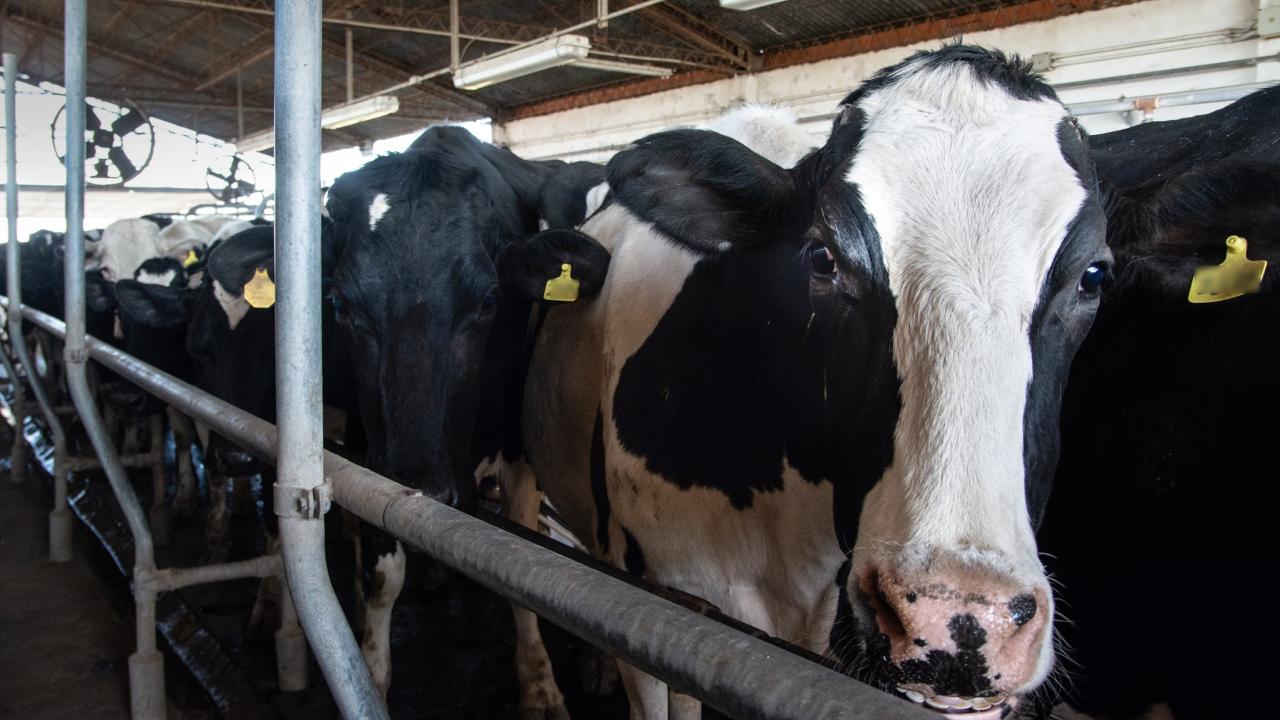
It is estimated that only 16% of the Sustainable Development Goals will be achieved by 2030. Food systems and responsible land use are among the areas in which the least progress has been made.
The latest United Nations report on progress on the Sustainable Development Goals (SDGs) urgently calls for global financial institutions to align with the goals.
The study, carried out by a committee of more than one hundred scientists, recognizes that "reforming the global financial architecture is more urgent than ever" to guarantee access to public funds that finance sustainable economies.
Of the SDGs, only 16% are on track to be achieved by 2030, while the remaining 84% show limited progress or even setbacks; Globally, progress has stalled since 2020.
Data from the United Nations Environment Program reveals that public and private financial flows contributing to biodiversity loss and environmental damage amounted to US$7 trillion in 2023.
On the other hand, only US$200 billion were allocated to the conservation and restoration of biodiversity.
"These figures reveal a significant imbalance. Currently, more funds are allocated to activities that hinder the SDGs rather than supporting them," says Merel Van der Mark, Director of Finance and Animal Welfare at the international NGO Sinergia Animal.
LAND USE AND FOOD SYSTEMS
The SDG targets related to food systems and land use are seriously off track.
The United Nations estimates that by 2030, some 600 million people will still suffer from hunger, while greenhouse gas emissions from agriculture and other land uses will account for almost a quarter of global emissions.
Industrial livestock farming is of great concern as it contributes significantly to environmental degradation. It drives deforestation, especially in tropical regions, to make way for grazing land and the production of fodder crops.
Research by The Global Carbon Project and a study published in the journal npj Ocean Sustainability found that meat and dairy production is a major source of methane and nitrous oxide emissions, which are potent greenhouse gases.
Meanwhile, overfishing also seriously threatens the ocean's ability to store carbon dioxide and preserve ecosystems.
Despite these challenges, the Consortium for Food, Agriculture, Biodiversity, Land Use and Energy –FABLE for its acronym in English–, formed by more than 80 researchers from 22 countries, indicates that it is possible to achieve significant progress with several key changes.
These include avoiding excessive consumption of animal proteins through culturally compatible dietary changes, investing in productive projects and implementing inclusive, robust and transparent monitoring systems to stop deforestation.
"This strategy could prevent the deforestation of 100 million hectares by 2030 and reduce CO₂ emissions by 100 gigatonnes by 2050, if the world's financial institutions aligned with these goals.
To do this , they must stop financing industrial livestock farming and fishing, and redirect resources towards more sustainable , agroecological and plant-based agricultural practices , which will also support progress towards other SDGs. "explains Van der Mark.
ACTIVISM TO REFORM THE FINANCIAL SECTOR
The international NGO Sinergia Animal actively targets the financial sector, emphasizing the transformation of food systems in countries in the Global South.
"We are members of the Stop Financing Factory Farming (SF3) coalition , which campaigns for multilateral development banks to stop financing industrial farming and fishing. At the same time, we also focus on commercial banks and evaluate their financing policies. animal welfare and sustainable food systems through the interactive platform banksforanimals.org . Our latest report reveals that more than half of banks around the world lack policies related to sustainable food systems," explains Van der Mark.
The scientific community also affirms the need to transform the financial sector.
In response to the UN Sustainable Development Report, the prestigious magazine Nature published its roadmap " Expanding the Sustainable Development Goals until 2050" , in which it recognizes that financial sector reform and increased public investment are essential to successfully meet the SDGs.
"The roadmap includes a framework for action to reduce greenhouse gas emissions, fight deforestation, protect ocean life and implement sustainable agriculture that is in line with the SDGs. Development banks such as the World Bank They have a responsibility to align their financing with these objectives," concludes Van der Mark.









